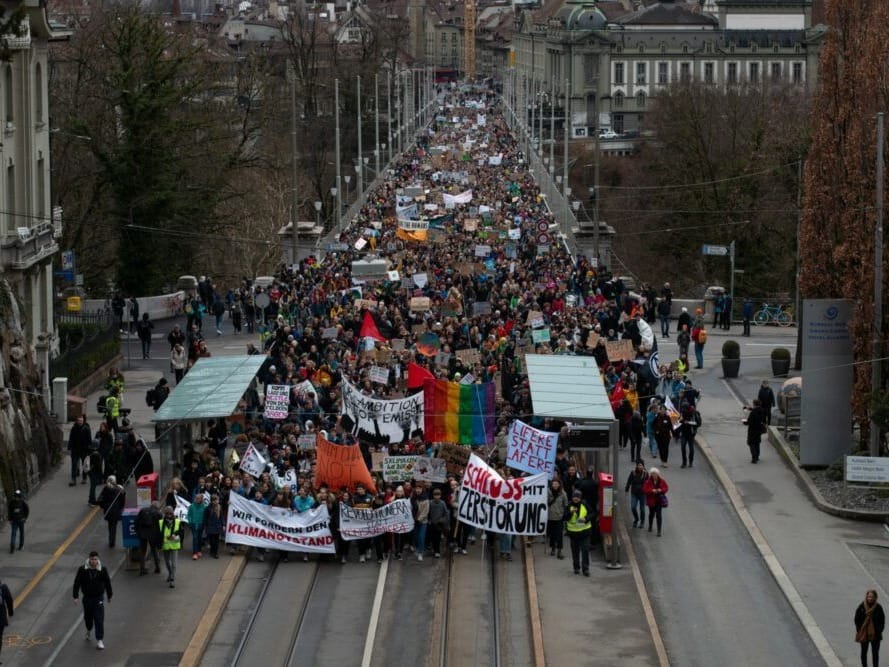At least 1.5 million students walked out of their classrooms around the world on a Friday to demand that their governments take meaningful and swift action to fight climate change.
Organizers reported holding simultaneous, student-led protests in 2,083 cities across 125 nations, making for one of the world's biggest demonstrations — and possibly the largest ever — aimed at overcoming political inertia, apathy or ignorance towards global warming, according to the #FridaysForFuture website.







